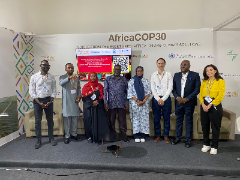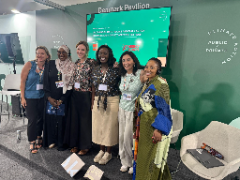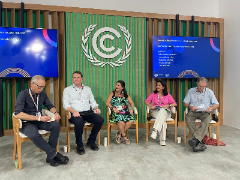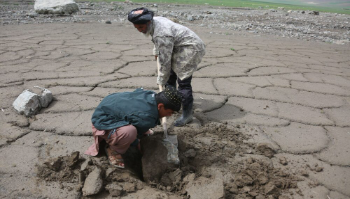|
How to turn global pledges into real support for conflict-affected states. |
 |
|
________________________________________________________________________________
|
|
The missing link at COP30:
Climate and peace
|
|
________________________________________________________________________________
|
|
As COP30 in Belém unfolds, the central challenge is clear: turning climate pledges into real action. A critical gap is that more than one billion people live in countries affected by conflict and fragile governance, yet they receive only a small fraction of global climate finance despite facing some of the most severe climate impacts. Peace is also largely missing from the COP conversation this year, yet it is essential: without integrating peacebuilding and climate efforts, interventions risk exacerbating tensions rather than strengthening stability and resilience. |
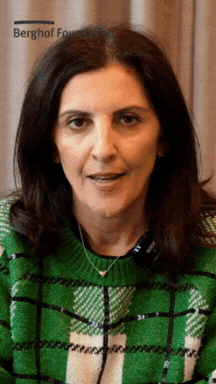 |
|
Nazanine Moshiri warns that sidelining peace at COP30 could jeopardise global climate goals. She argues that integrating conflict-sensitive approaches into climate policy is essential for lasting resilience and sustainable development. |
|
|
|
|
Nazanine Moshiri represented Berghof at COP30, contributing to a series of high-level discussions on climate, peace and security. Yet, climate finance still struggles to reach the fragile and conflict-affected areas that need it most. Our peacebuilding efforts can help bridge that gap by:
|
|
________________________________________________________________________________
|
|
|
|
SUPPORT US Whether through a single donation or recurring contribution, your support gives peace a fighting chance. |
|
|
Berghof Foundation Operations gGmbH, Lindenstrasse 34, 10969 Berlin, Germany
© 2025
berghof-foundation.org all rights reserved.
info@berghof-foundation.org | +49 (30) 844154 - 0
Data Protection Policy |
Imprint | You are receiving this email because you have subscribed to our newsletter or kindly donated to support our work. If you no longer wish to receive our emails, you can
unsubscribe.
|
